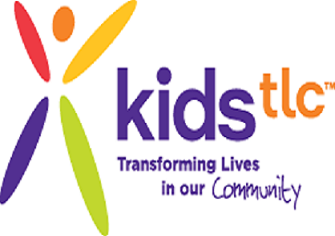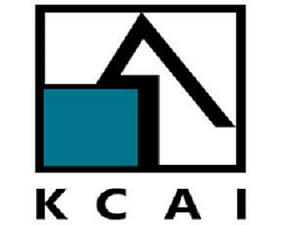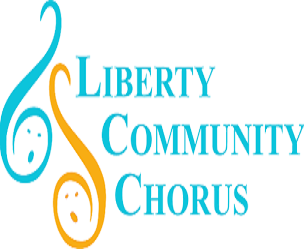The Family and Youth Services Bureau (FYSB) recently opened applications for its
Street Outreach Program (SOP). As with many federal grant opportunities, there are a lot of “so” questions that come to my mind.
So, what is the SOP?
To prevent sexual abuse and exploitation of young people who have run away from home or are experiencing homelessness and help them leave the streets, Congress established the Education and Prevention Services to Reduce Sexual Abuse of Runaway, Homeless, and Street Youth Program. It was established through the Violence Against Women Act of the Violent Crime Control and Law Enforcement Act of 1994. The legislation funds street-based outreach and education for youth who have run away from home or are experiencing homelessness. FYSB has funded the SOP since 1996.
The purpose of the SOP is to provide street-based services to youth 21 years of age and younger who have run away from home or are experiencing homelessness and have been subjected to, or are at risk of being subjected to, sexual abuse, prostitution, sexual exploitation, and severe forms of trafficking. This includes building relationships between this target population and street outreach workers to move youth into stable housing and prepare them for independence.







